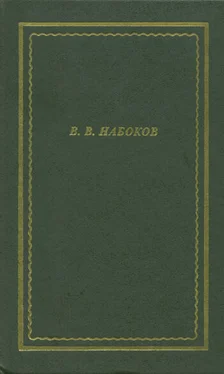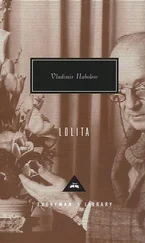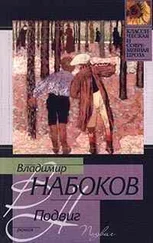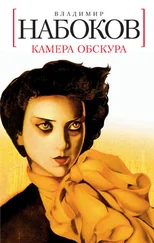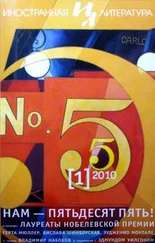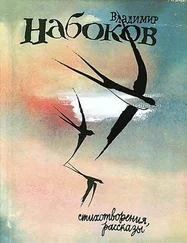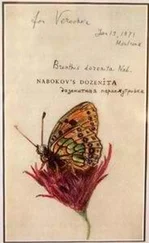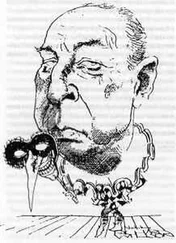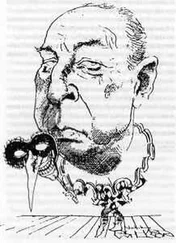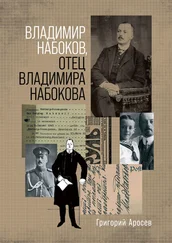He brought the deadly gum; with it
he brought some leaves, a withered bough,
While rivulets of icy sweat
ran slowly down his livid brow.
He came, he fell upon a mat,
and reaping a poor slave's reward,
died near the painted hut where sat
his now unconquerable lord.
The king, he soared his arrows true
in poison, and beyond the plains
dispatched those messengers and slew
his neighbors in their own domains.
<1944>
442. A SCENE FROM «THE COVETOUS KNIGHT» {*}
SCENE 2. A CELLAR. THE BARON, ALONE.
The Baron
Just as a mad young fellow frets awaiting
his rendez-vous with some evasive harlot,
or with the goose seduced by him, thus I
have dreamt all day of coming down at last
in vaulted dimness to my secret chests.
The day was good: this evening I can add
to coffer six (which still is not quite sated)
some recently collected gold: a fistful,
a trifle, you might say, but thus my treasure
a trifle is increased. There is some story
about a Prince who bade his warriors bring
a handful each of earth, which formed a hillock
which swelled into a mountain, and the Prince
from this proud height could merrily survey
the dale white-dotted with his tented army,
the many sails that sped upon the sea.
So bit by bit I have been bringing here
my customary tithe into this vault,
and heaped my hill, and from its eminence
I now survey my vassaldom at leisure.
And who is not my vassal? Like some daemon
from here in private I can rule the world;
let me just wish — and there will rise a palace;
amid the marvels of my terraced lawns
a swarm of Nymphs will airily assemble;
the sacred Nine will come with mask or lute;
unshackled Genius labor as my bondsman,
and noble merit, and the sleepless drudge
wait with humility till I reward them.
I'll whistle, and behold: low-bending, cringing,
in creeps Assassination, blood-bespattered,
and while it licks my hands it will be watching
my eyes to read in them the master's order.
All is to me subjected, I to naught.
I am above desiring; I am tranquil:
I know my domination, and this knowledge
I deem sufficient.
(Looks into his money-bag)
It may seem a little,
but what incalculable human cares,
deceptions, tears, entreaties, imprecations,
have weighty representatives here seated!
Where was that old doubloon?.. Here 'tis. This evening
a widow paid it me — though only after
she'd stood, with her three children, many hours
under my window, on her knees and wailing.
It rained, and ceased to rain, and rained again:
the shamming creature never budged. I might have
sent her away, but a faint something told me
that she had brought the sum her husband owed
and would not care to be in jail next day.
And this one? this was brought me by Thibault:
whom did he get it from, the fox, the loafer?
Stole it, I wager; or perhaps… somewhere,
at nightfall, on the highway, in a coppice —
Ah, yes! if all the tears, and blood and sweat,
that have been shed for what is in my keeping,
out of deep earth might suddenly gust forth
we'd have a second flood, — and with a splutter
I'd perish in my trusty vaults.
And now —
(He is about to unlock number six)
Strange — every time I want to open one
of my good chests, I feel all hot and shaky:
not fear (oh, no! whom should I fear? I have
my gallant sword: one metal guards the other
and answers for it), but a heart-invading
mysteriously enveloping oppression…
Physicians claim that there exist queer people
who find in homicide a kind of pleasure;
when I insert and turn the key, my feelings
are similar, I fancy, to what they
must feel when butchering their victims: pleasure
and terror mingled
(Unlocks)
(Pours in his gold)
Go home, you've had your fill of worldly frisking
and served your time with human needs and passions.
Here you will sleep the sleep of peace and power,
as gods do sleep in Heaven's dreamy depth.
To-night I wish to have a feast in secret: —
a candle bright in front of every chest,
and all of them wide-open, and myself
with eyes aglow amid their brimming glory.
(Lights candles and proceeds to unlock the chests)
Now I am king! What an enchanting shine!
A mighty realm has now become my manor;
here is my bliss, my blazon, and my banner!
Now I am king! — But who will next enjoy
this bounty when I die? My heir will get it!
A wastrel, a disreputable boy,
by ribald fellow-revellers abetted!
With my last sigh, him, him! this vault will hear
come stamping down into its gentle silence,
with crowds of fawning friends, rapacious courtiers;
and having plucked the keys from my dead fist
he will unlock chest after chest with glee,
and all the treasures of my life will stream
through all the holes of tattered satin pockets.
Thus will a sot destroy these holy vessels,
thus mud will drink an oil for kingly brows,
thus he will spend — And by what right, I ask you?
Did I perchance acquire all this for nothing?
Or with the ease of a light-hearted gambler
that rattles dice and grabs his growing winnings?
Who knows how many bitter limitations,
what bursting passions curbed, what inner gloom,
what crowded days and hollow nights — my wealth
has cost me? Or perhaps my son will say
that with a hoary moss my heart is smothered,
that I have had no longings, and what's more,
that conscience never bit me? Grizzly conscience!
the sharp-clawed beast that scrapes in bosoms; conscience,
the sudden guest, the bore that does the talking,
the brutish money-lender; worst of witches,
that makes the moon grow dark, and then the grave-stones
move restlessly, and send their dead to haunt us!
Nay, suffer first and wince thy way to riches,
then we shall see how readily my rascal
will toss to winds what his heart-blood has bought.
Oh, that I might conceal this vaulted chamber
from sinful eyes! oh, that I might abandon
my grave and, as a watchful ghost, come hither
to sit upon my chests, and from the quick
protect my treasures as I do at present!
<25 мая 1941>
443. FROM «A FEAST DURING THE PLAGUE» {*}
Pushkin's version of a scene in Wilson's tragedy «The City of the Plague»
Several men and women making merry at a table laid in the middle of the street.
A Young Man
Most honorable chairman! Let me now
remind you of a man we all knew well,
a man whose quiddities and funny stories,
smart repartees and pungent observations,
— made with a solemn air that was so pleasing —
lent such a sparkle to the table talk
and helped to chase the gloom which nowadays
our guest the Plague unfortunately casts
over the minds of our most brilliant wits.
Two days ago our rolling laughter greeted
the tales he told; t'would be a sorry jest
if we forgot while banquetting to-day
our good old Jackson! Here his armchair gapes;
its empty seat still seems to be awaiting
the wag; but he, alas, has left already
for a cold dwelling-place beneath the earth.
Though never was so eloquent a tongue
doomed to keep still in a decaying casket,
we who remain are numerous and have
no reason to be sorrowful. And so
let me suggest a toast to Jackson's spirit,
a merry clash of glasses, exclamations,
as if he where alive.
The Chairman
He was the first
to drop out of our ranks. In silence let us
drink to his memory.
The Young Man
Have it your way.
All lift their glasses in silence.
The Chairman (to one of the women)
Your voice, my dear, in rendering the accents
of native songs reveals a wild perfection:
sing, Marry, something dolorous and plaintive
that afterwards we may revert more madly
to merriment — like one who has been torn
from a familiar world by some dark vision.
Mary (sings)
In times agone our village
was lovely to behold;
our bonny church on Sunday
was full of young and old;
our happy children's voices
rang in the noisy school;
in sunny fields the reaper
swung fast his flashing tool.
But now the church is empty;
the school is locked; the corn
bends overripe and idle;
the dark woods are forlorn;
and like charred ruins the village
stands stricken on its hill:
no sound; alone the churchyard
is full and never still.
Читать дальше
